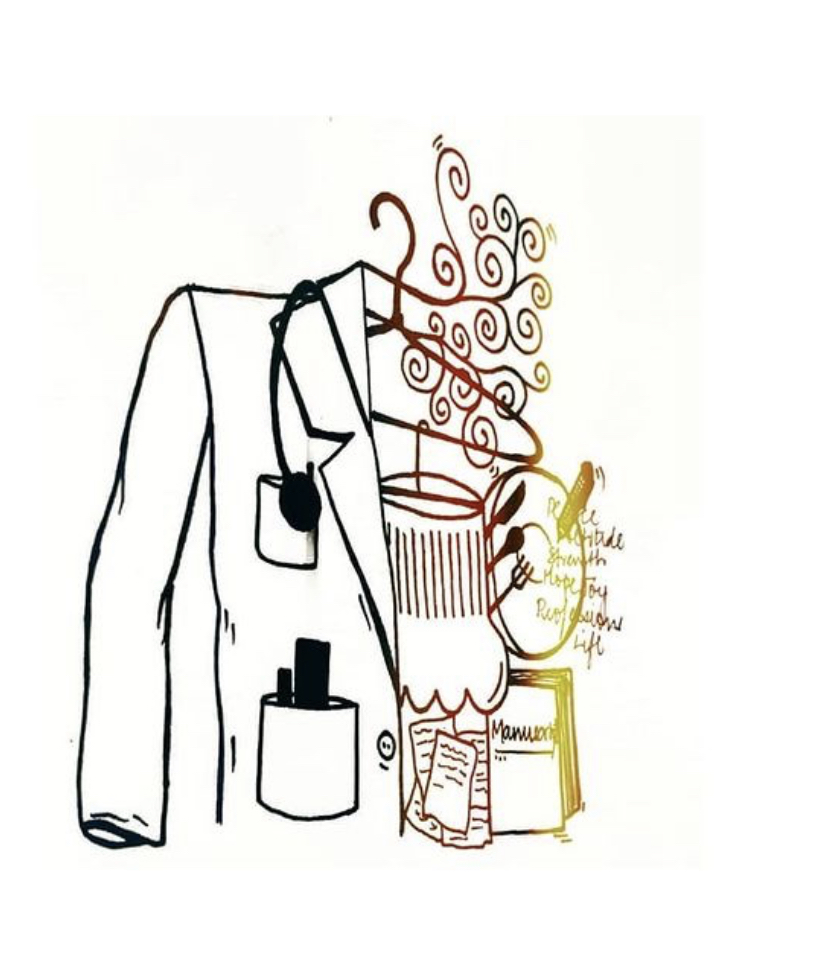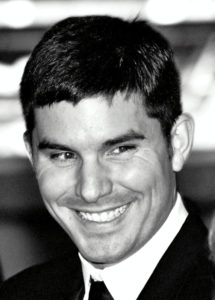Most students recognize Dr. Jason Ryan as the creator of the Boards & Beyond (B&B) video series. His modules have been lauded for being concise enough to target board prep, yet comprehensive enough to strengthen a student’s understanding of (often) some very challenging content areas.
While he may be well known for his video lectures, we decided to go “beyond” in this Q&A. We asked him to share with us his wisdom as a teacher and as well as his views of the present state and future of medical education.
Q: Your modules have constantly received fantastic reviews from students across the world. What do you think makes your content engaging for students, considering it’s asynchronous and does not have the advantages of traditional classroom interaction?
A: I think the language we use when teaching in medicine can be very confusing. Most teachers are experts in their area. When you’re an expert, it’s very easy to teach using high-level language that only experts understand. This leads to students getting lost. I have always been fascinated by words and their meaning. I try to choose my words carefully when I teach, and make sure they can be understood by a student who may be new to the material.
Q: Virtual resources like B&B, Sketchy Medical, various podcasts and even virtual morning rounds have gained widespread popularity. How would you advise medical students to make the best use of these learning opportunities?
A: Med students should always talk to students from the class ahead of them at their school. Some topics may be taught very well at a particular school. For these topics, an outside resource may not be necessary. Other topics may be poorly taught or not taught at all. In these cases, outside resources can be extremely valuable.
Also, all students learn differently. Never feel compelled to use a resource because others are using it. Use only what works for you. I have written quite a bit about this on our website.
Q: With a range of alternate learning platforms, do you think we need to re-assess the relevance of traditional classroom teaching?
A: I do, but this will take some time. I think medical schools could use third-party resources to teach foundational topics. Basic content like biochemistry, immunology and physiology can be learned from videos without the need for didactic lectures at schools. Then those topics could be emphasized by faculty at the school without the need to teach every detail of the basics. But medical schools are large organizations that are slow to change. Many courses have been taught the same way for years. It will take time for this to change.
Q: What are some qualities essential for effective educators to develop today?
A: Know your audience. If I am giving a talk to an audience of cardiologists, I present very differently compared to an audience of medical students. Target your teaching to the audience. Think about what they know and don’t know. Teach to their level. This is essential.
Also, it’s important to never assume you’ve done a perfect job. After all my talks, I always think to myself, “How can I improve?” I used to give a lot of grand rounds on heart failure. Many of these were recorded and I would watch them afterwards to see where I could do better; with each subsequent talk, I made improvements so that the presentation improved over time.
Q: Being a doctor requires more than knowledge and skills. What advice do you give to your students to develop the more humanistic qualities?
A: One of the most important qualities in a doctor in my opinion is a dedication to avoid overtreatment. Our medical system favors action: ordering tests, prescribing drugs, performing surgery. But too often patients get overtreated with unnecessary tests, medications, or even surgery.
In my practice, once in a while, I get thank-yous from my patients for treating their condition and resolving some disease processes. But far more often, I get thank-yous for NOT doing something. I have helped patients avoid heart surgery through medical treatment, diet and exercise. I have helped patients stop drugs they had been on for many years that they no longer needed. Many patients tremble at the notion of major diagnostic tests, new medications and especially surgery. These things make patients feel scared, defective and sick. It’s easy to miss how hard our common medical interventions are on patients. Learn everything you can about when tests and treatment are necessary, and when they are not. Doctors that avoid overtreatment are beloved by their patients. Few things make patients happier than saying to them, “You don’t need that {medication, test, surgery}.”
Q: It is often argued that assessments drive student learning, sometimes more than the teaching itself. Personally, what changes would you like to see in school assessments and testing strategies?
A: So long as residency slots are competitive, medical schools will need to assess and evaluate student performance. I have yet to see a perfect assessment tool. It is so hard to capture everything about a student in a three-digit score or a Likert scale. When I mentor students, I try very hard to emphasize that no matter your score or class rank, you can still become an outstanding physician who helps patients. I’ve been teaching a long time now. I’ve seen many students who were once distraught over some assessment (Step exam, honors), but are now highly successful physicians. The nice thing about medical school is that it always leads to a good place. It may seem like life will be miserable if you don’t get that coveted spot in a competitive residency, but this is usually not the case. There are many paths to happiness and a satisfying career in medicine.
Q: Moving on to slightly controversial waters. Lately, there’ve been discussions about the validity of Step scores and if they are predictive of success in residency. I doubt we could do away with standardized tests. But are there any other solutions to reduce our fixation on board scores?
A: So long as residencies screen applicants using Step scores, they will be important. As I discussed above, there is no perfect assessment tool that I am aware of. I try to counsel students to strive for their best on rotations and exams, but don’t panic if you get a disappointing assessment.
Q: And finally, as a teacher, what are your top mantras for your students looking to hone their skills in clinical reasoning and decision making?
A: Find respected clinicians and spend as much time as you can with them. Most of what I know about taking care of patients, I learned from outstanding attendings. Especially in my residency and fellowship, I had terrific role models. I watched them carefully and modeled myself after them.
Column image credit: Custom drawing by Akanksha Mishra for this column.
Headshot image courtesy of Boards and Beyond.
Medical education today struggles to keep pace with actual medical practice. Moving from an information-driven curriculum to a value driven one has propelled a vast array of research and scholarship in teaching methods, assessments and competencies. In this column, I hope to share insights on some of these areas as well as call for learning that is more adaptive and less standardized.


